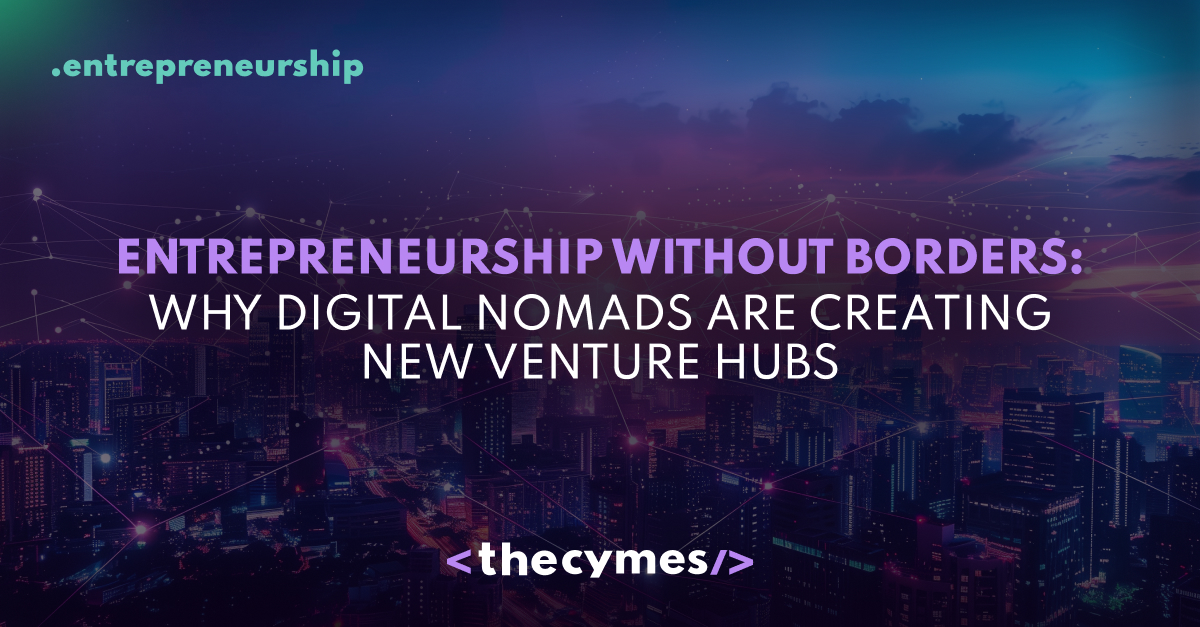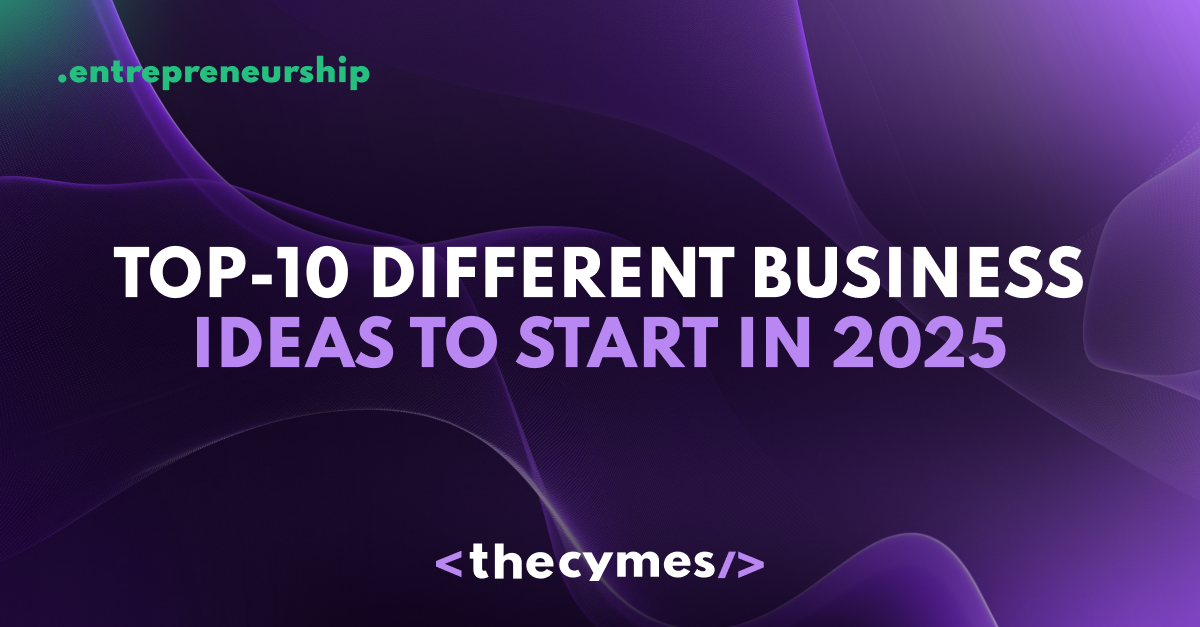.business venture17 December 10:12
0<
Startup accelerator programs to watch in 2025
/>Who controls the next tech unicorn? We're about to reveal everything. Explore top accelerator programs with The Cymes! be updated on the latest tech newsGet exclusive news updates and overview on tech market



